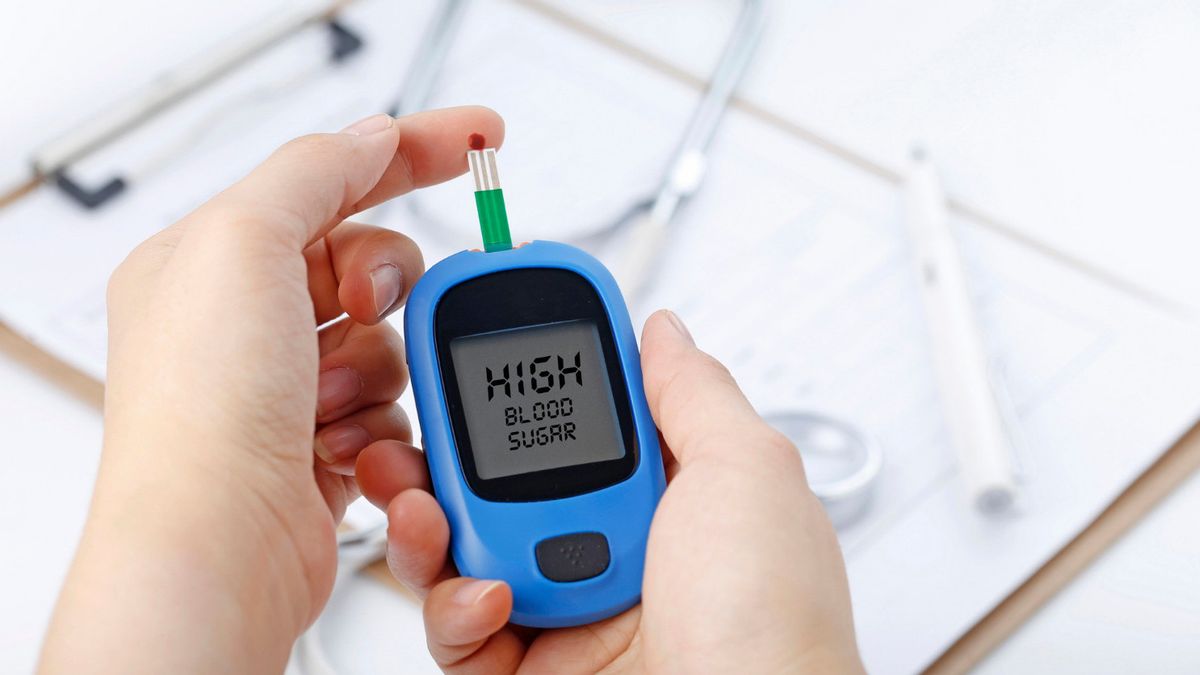YOGYAKARTA A diabetic has high blood sugar levels in the body. But why does salt actually affect the increase in body blood sugar? According to research, sodium in salt increases inflammation and hypertension, both of which are risk factors for type 2 diabetes.
Like an endless alley, when it suffers from hypertension and inflammation, the risk of experiencing chronic illness will be wide open. The research proves the link between high blood pressure susceptibility to an increased risk of type 2 diabetes. This study finds those who say sometimes, usually, and always'' adding salt in their diet, appears to increase the risk of type 2 diabetes by 11%, 18%, and 25% each compared to those who do not add salt in their diet.
This study analyzed 402,982 diabetes-free participants at UK Biobank from March 2006 to October 2010. The age of participants was between 37 to 73 years. Participants were asked to fill out a questionnaire containing personal details related to the development of type 2 diabetes. These include age, gender, education level, income, smoking status, physical activity level, alcohol consumption, and the deprivacy index of Townseed. The deprivacy index yielded joint measurements of several lifestyle factors, including ownership of house vehicles, household density, or employment status. On average, participants were monitored for 11.0 years which at that time were 13,120 participants had suffered type 2 diabetes.
The risk of type 2 diabetes is experienced by people with higher BMI and the ratio of waists is not good. The senior author in this study, Dr. Lu Qi said that the data he has shows a higher affinity causes the relationship to eat a lot of salt and the high risk factor for type 2 diabetes. Adipositivity is the amount of body fat that a person brings. Adiposit and adipose tissue store most of the body lipids.
Lipids are fat compounds in cell membranes, regulating what goes in and out. Lipids play an important role in storing and distributing energy throughout the body and making hormones. But lipids including triglycerides and free cholesterol, and lipid excesses called dyslipidemia, have been associated with diabetes.
SEE ALSO:
Type 2 diabetes, reported Medical News Today, Wednesday, November 8, refers to conditions in which body cells are resistant to the insulin hormone, created by the pancreas and help regulate blood sugar. As a result, one has too much glucose in the bloodstream. The body does require sugar for fuel. But if it is excessive, it can cause impaired nerves, blood circulation, and immune systems.
Research has not yet known the physiological relationship between inflammation, damage to blood vessels, high blood pressure, excess salt consumption, and insulin resistance in type 2 diabetes. But a lot of sodium-rich eating, can affect insulin resistance. The safest, reflecting on this study, it is important to limit the consumption of high calorie foods plus high salt. The size is uncertain, but managing a diet will certainly be more severe.
The English, Chinese, Japanese, Arabic, and French versions are automatically generated by the AI. So there may still be inaccuracies in translating, please always see Indonesian as our main language. (system supported by DigitalSiber.id)


















